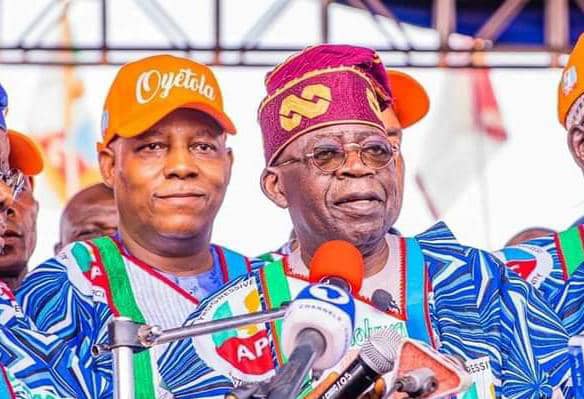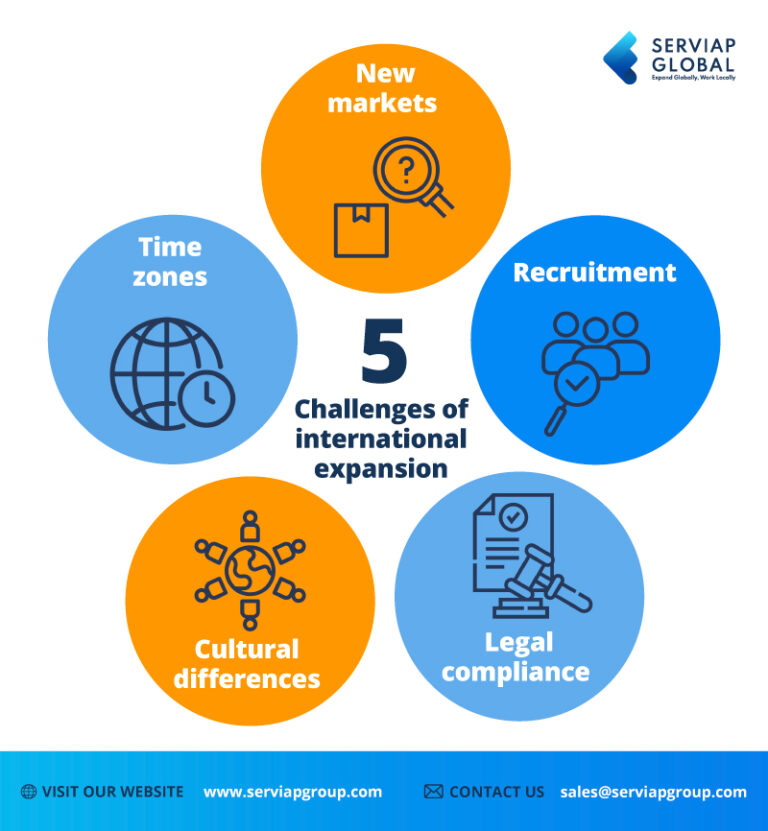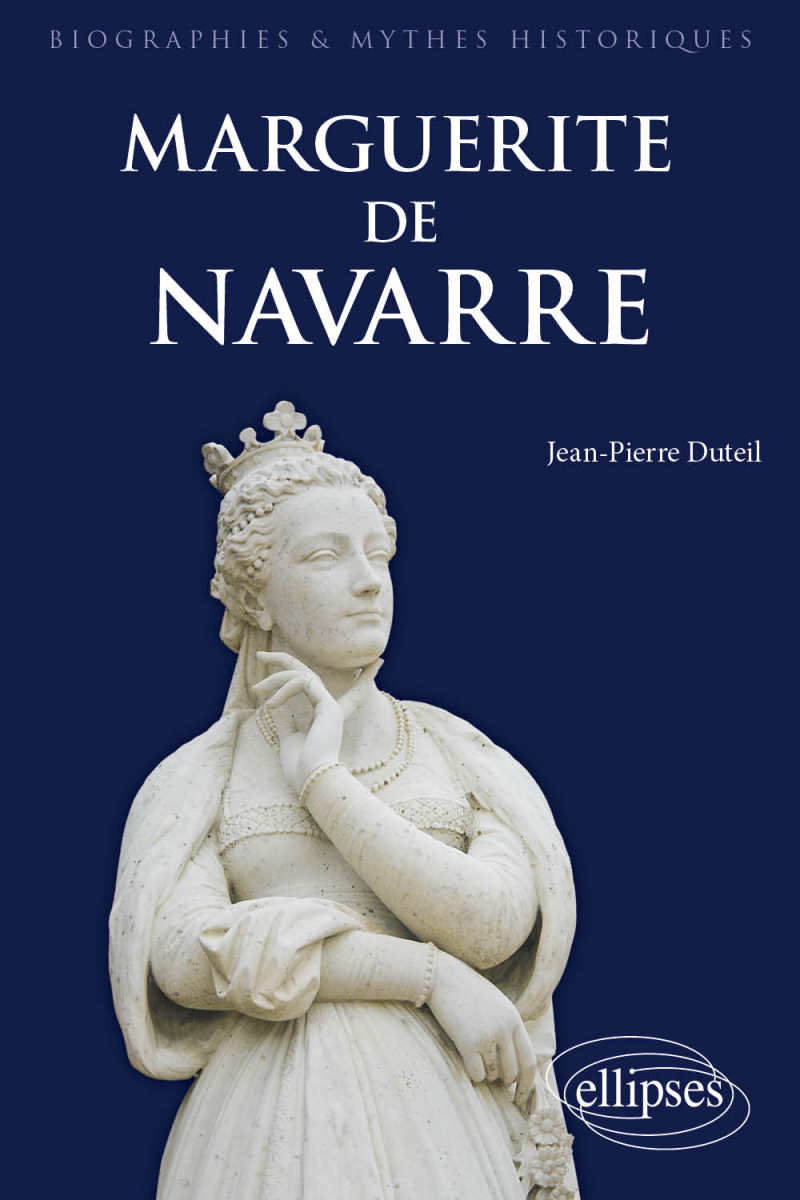Nigeria’s political landscape has taken a dramatic turn with four heavyweight politicians uniting under the African Democratic Congress (ADC) banner. Their goal? To challenge and unseat President Bola Tinubu in the 2027 elections. This unexpected alliance signals a potential power shift in Africa’s largest democracy.
Nigerian Party Politics: A Coalition Forms Against Tinubu
Former Vice President Atiku Abubakar, Labour Party’s 2023 presidential candidate Peter Obi, ex-Transportation Minister Rotimi Amaechi, and former Kaduna State Governor Nasir el-Rufai have banded together, taking control of the ADC. This coalition cuts across party lines and sends a clear message of intent: to break the dominance of the ruling All Progressives Congress (APC).
What This Means for the ADC
The ADC, previously a minor party in Nigeria, now stands on the cusp of becoming a formidable national force. With these prominent figures onboard, the party is poised to attract massive funding, grassroots support, and media attention. Analysts at AllAfrica note that this could disrupt traditional voter patterns, especially in swing states like Lagos and Rivers.
Challenges Ahead for the New Alliance
While the formation of this coalition is historic, it is also fraught with challenges. Each of these leaders carries their political baggage and personal ambitions. Managing egos and agreeing on a single presidential candidate will be a monumental task. However, insiders suggest that power-sharing deals are already being discussed to keep the alliance intact.
Nigerian Party Politics: A New Hope or Old Tricks?
Many Nigerians are hopeful that this realignment will bring fresh ideas and policies. Yet, critics argue it could simply be old wine in a new bottle. They caution voters to scrutinize not just the personalities but also the platforms and commitments to real reforms, especially on issues like corruption, security, and job creation.
Economic Implications of a Political Shake-Up
The financial markets in Nigeria are watching closely. Political uncertainty often triggers investor caution, impacting everything from the naira’s exchange rate to stock market indices. If this coalition gains traction, it may force current economic managers to adjust policies to stabilize the investment climate ahead of 2027.
Regional Dynamics and Ethnic Considerations
Ethnicity plays a significant role in Nigerian elections. This alliance is unique because it blends leaders from different regions—north, south, and east—creating a genuinely national coalition. Observers hope this can temper divisive rhetoric and promote unity, though the risk of ethnic manipulation remains high.

What Lies Ahead in 2027?
As Nigeria moves toward 2027, all eyes will be on how this coalition solidifies. Will it withstand internal disagreements and external pressures from entrenched political forces? For millions of Nigerians, this represents either a critical turning point or another cycle of disappointment. Only time—and the voters—will tell.
Nigerian Party Politics: Deep Divisions and Potential Unity
One of the most fascinating aspects of Nigerian Party Politics is how deeply fragmented the landscape remains. With over 80 registered political parties, coalitions like this ADC takeover are rare but vital. The ability of Atiku, Obi, Amaechi, and el-Rufai to put aside personal ambitions and regional loyalties could reshape Nigerian democracy. Historically, Nigerian politics has been marred by cross-carpeting—politicians defecting for personal gain. This time, however, their move seems strategic, aimed at consolidating diverse voter blocs. An interesting analysis by Brookings Institution highlights how broad-based alliances are often the only way to challenge entrenched incumbents in multi-ethnic societies like Nigeria.
Youth Voters and the 2027 Gamble
With over 70% of Nigeria’s population under 30, the youth vote is more critical than ever. In 2023, many young Nigerians rallied behind Peter Obi, viewing him as a fresh alternative. His presence in this coalition injects credibility among first-time voters and urban youths disillusioned by the establishment. However, sustaining their enthusiasm till 2027 will require more than rallies and tweets. Grassroots movements, campus debates, and online town halls could be game changers. Local news platforms like Mauritius Biz Monitor often cover similar youth-driven political shifts in African contexts, showing how social media and decentralized campaigning can rewrite traditional election scripts.
Nigerian Party Politics: The Media’s Role in Shaping Narratives
Another key dimension of Nigerian Party Politics is the media’s outsized influence. In the run-up to 2023, partisan outlets often fueled ethnic fears and conspiracy theories, polarizing voters. This new alliance must navigate a tricky media landscape—winning over critical press without succumbing to divisive propaganda. Platforms like AllAfrica emphasize balanced reporting but local tabloids can be sensationalist, risking the stoking of tensions. The coalition’s communications teams are reportedly designing unified messaging strategies to counter misinformation and highlight shared policy priorities on security, economic reforms, and youth employment.
The Shadow of Tinubu and the Incumbency Factor
President Bola Tinubu remains a formidable opponent. The power of incumbency in Nigeria cannot be overstated—it includes control over federal agencies, security apparatus, and substantial state resources. Historically, opposition parties have struggled against sitting presidents who leverage state machinery to their advantage. Tinubu’s All Progressives Congress (APC) still boasts a nationwide structure capable of outmobilizing rivals. Nevertheless, this coalition’s multi-regional appeal may crack that wall. Political analysts warn that failing to present a single consensus candidate early could splinter the new alliance, handing an advantage back to Tinubu. Hence, strategic patience and internal negotiations will be critical.
Nigerian Party Politics: The Path to Policy-Based Campaigns
Ultimately, the hope among many Nigerians is that this realignment will lead to campaigns centered on policies rather than personalities. Too often, Nigerian elections have been dominated by charisma, ethnicity, or godfather endorsements. But with challenges like inflation, mass unemployment, and rising insecurity, voters increasingly demand concrete plans. If the coalition can present clear blueprints on education, healthcare, and infrastructure—supported by technocrats rather than career politicians—they might galvanize a broad swath of the electorate.
This could mark the beginning of a new era in Nigerian Party Politics where debates focus on ideas, not just identities. As one columnist noted in The Guardian Nigeria, “The nation is starved of debates on real issues, and whoever fills that vacuum may well inherit the future.”
Nigerian Party Politics: Women’s Perspectives on the New Alliance
One often overlooked aspect of Nigerian Party Politics is how shifts in alliances impact women voters and female leaders. While Nigeria has one of the lowest female representations in parliament across Africa, coalitions like the new ADC bloc could present an opportunity to elevate gender issues. Advocates argue that unless these prominent male politicians explicitly include women’s voices in campaign councils and policy formulation, the cycle of marginalization will continue. Activists hope the coalition will commit to a 35% quota for women in both elective and appointive positions, echoing calls from organizations like UN Women that inclusive governance is essential for sustainable democracy.
Youth Employment: A Key Test for Coalition Credibility
With unemployment rates soaring, especially among graduates, any coalition hoping to win in 2027 must offer a credible plan for youth jobs. During past campaigns, promises were made but rarely fulfilled, breeding disillusionment. This time, students’ unions and youth-led advocacy groups are demanding signed social contracts, outlining tangible timelines for job creation. Whether the ADC coalition embraces such accountability could determine its success or failure among the under-35 electorate, who form the bulk of Nigeria’s voters. Studies by Africa News show youth issues consistently rank top in pre-election opinion polls across the continent.
Security Concerns: Can a New Bloc Change the Narrative?
Rampant insecurity—from Boko Haram attacks in the northeast to banditry and kidnappings in the northwest—continues to haunt Nigeria. Previous governments promised sweeping reforms but fell short. Observers are keen to see if the new coalition will outline a fresh blueprint on security, perhaps integrating community policing or technology-driven surveillance. Insiders reveal that security experts are already drafting policy papers for the ADC’s transition committee, emphasizing local solutions and intelligence-led operations. Such comprehensive frameworks could be a game changer if presented convincingly.
The Judiciary’s Role in Future Political Contests
No discussion on Nigerian elections is complete without considering the judiciary. Post-election litigation is almost a certainty, as losing parties often head to tribunals. The credibility of this coalition might depend on how it strengthens the rule of law and supports judicial independence, reducing the manipulation of courts to settle political scores. Legal scholars at CIArb warn that without institutional reforms, even the best electoral outcomes can be reversed through protracted legal battles that erode public trust.
Regional Infrastructure: A Strategic Bargaining Chip
Finally, regional development projects—roads, bridges, hospitals—often serve as bargaining chips in coalition agreements. Governors and regional influencers want assurances that their states will benefit materially from aligning with a national alliance. Already, reports indicate negotiations are underway to prioritize key infrastructure corridors that could generate local employment while boosting interstate trade. For ordinary Nigerians, such promises are concrete reasons to vote, provided they are transparently documented and followed up with progress reports during the campaign.
Source: AllAfrica




